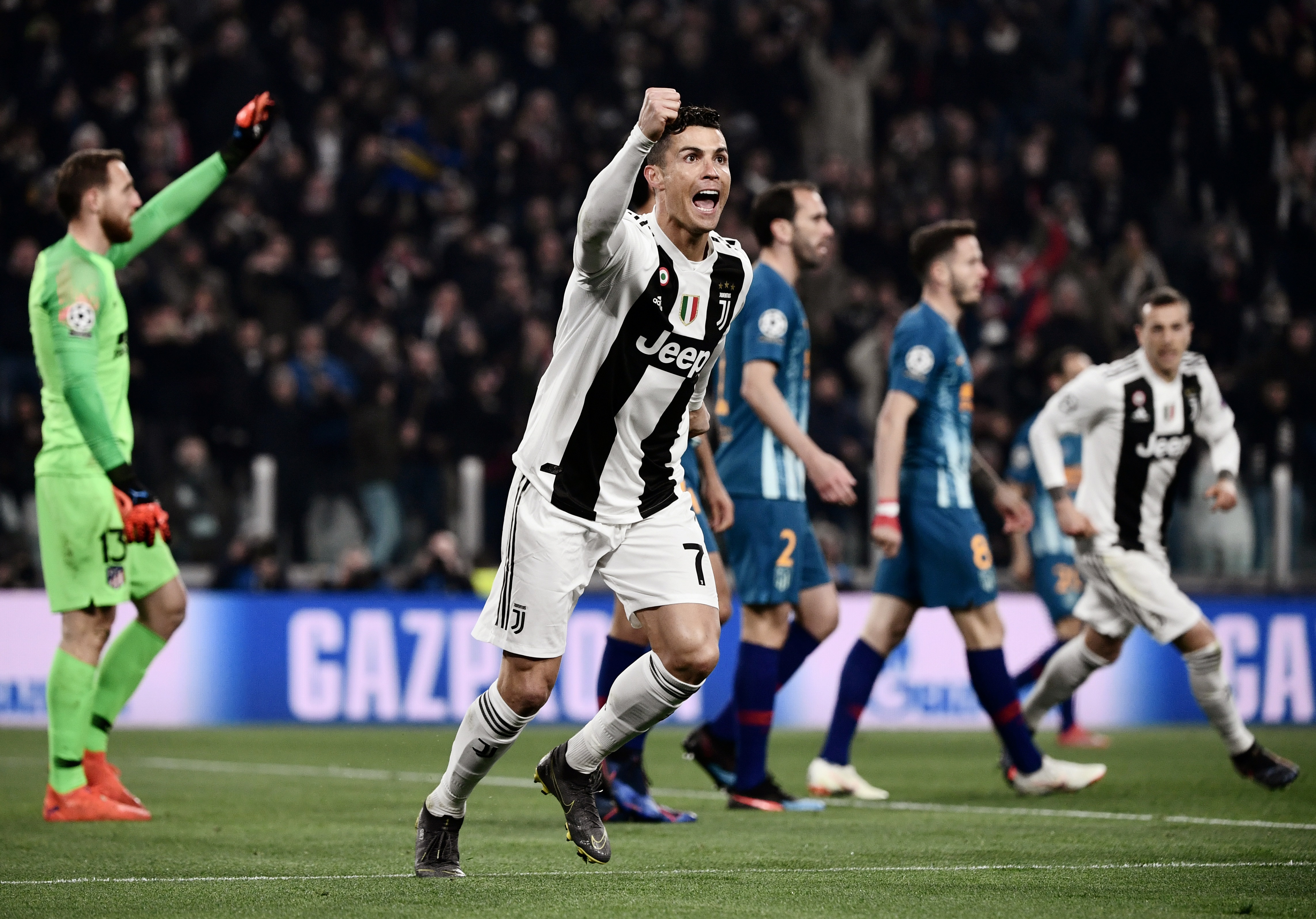Ranked! The 100 best football players of all time
The 100 best football players who have ever lived: from Messi to Maradona, Cristiano to Cruyff and everyone in between
60. Karl-Heinz Rummenigge
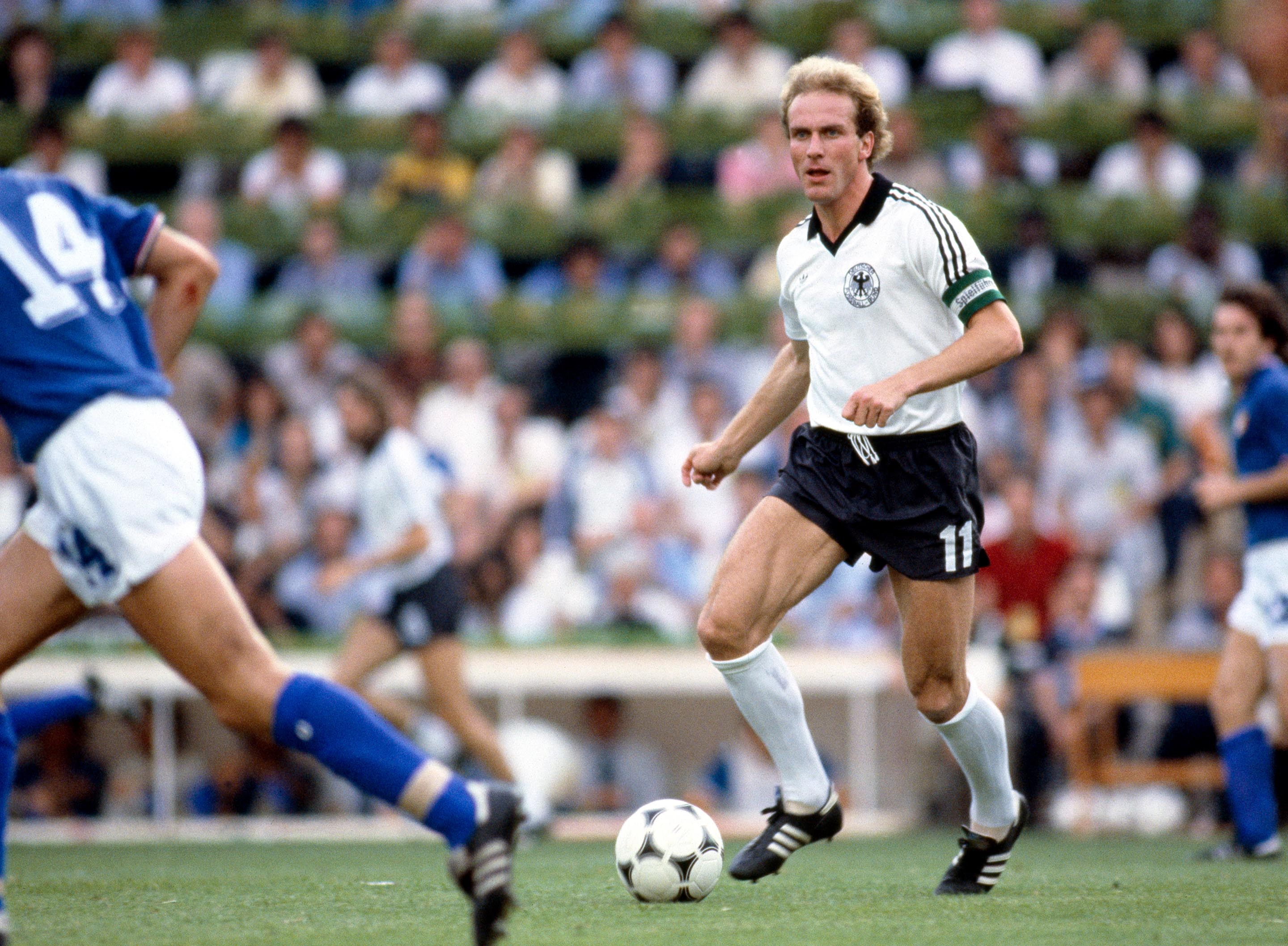
An excellent dribbler who could crash in shots with virtually no backlift, the powerfully built Rummenigge was arguably the most effective forward in Europe during the late 1970s and early '80s.
His fruitful partnership with midfielder Paul Breitner (Bayern Munich were nicknamed ‘FC Breitnigge’) helped bring shedloads of silverware to Bavaria, including three European Cups in succession. Rummenigge starred on the international stage as well, winning the European Championship in 1980.
Career highlight: In the World Cup's first ever penalty shootout, Rummenigge stayed typically calm, netting his spot kick against France in an infamous semi-final to help send eventual runners-up West Germany into the final.
59. Gianni Rivera
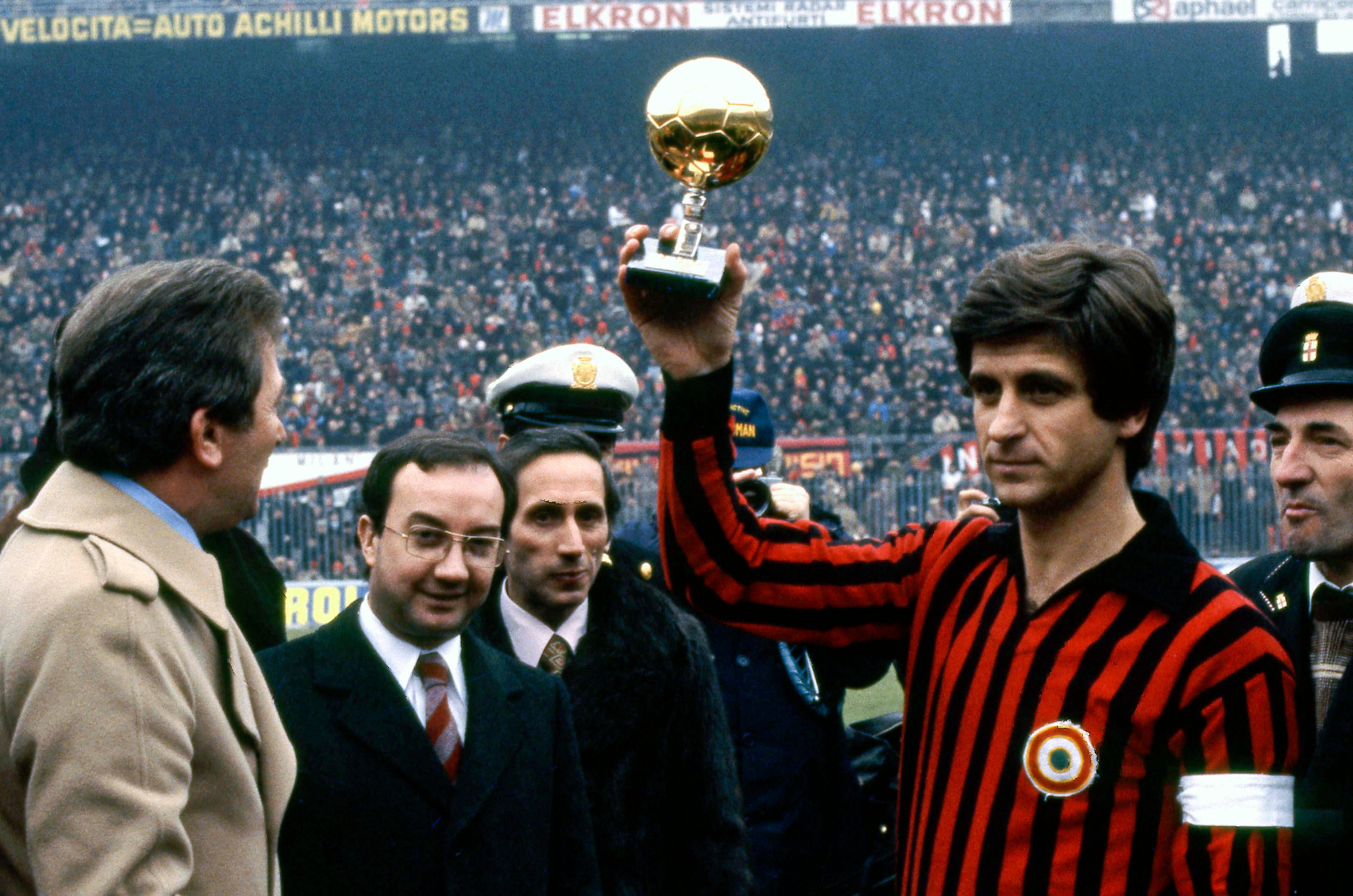
When asked to name Italy's four best players for the forthcoming 1970 World Cup, the normally taciturn England manager Alf Ramsey joked: "Rivera, Rivera, Rivera, Rivera."
Ramsey's response spoke volumes for the almost evangelical aura that surrounded the Milan star, who racked up an astonishing 501 appearances between 1960 and 1979. Not that he was universally loved in Italy; controversial writer Gianni Brera labelled him abatino (young priest), implying that he was a luxury player with an aversion to physical battles. That didn't prevent a string of Milan managers from building their teams around the luminary talents of 'Golden Boy', however.
Career highlight: "It was as easy for him as if he were serving me tea," gushed Milan striker Jose Altafini, after Rivera had provided him with assists in Milan's triumphant 1963 European Cup Final against Benfica.
58. Daniel Passarella
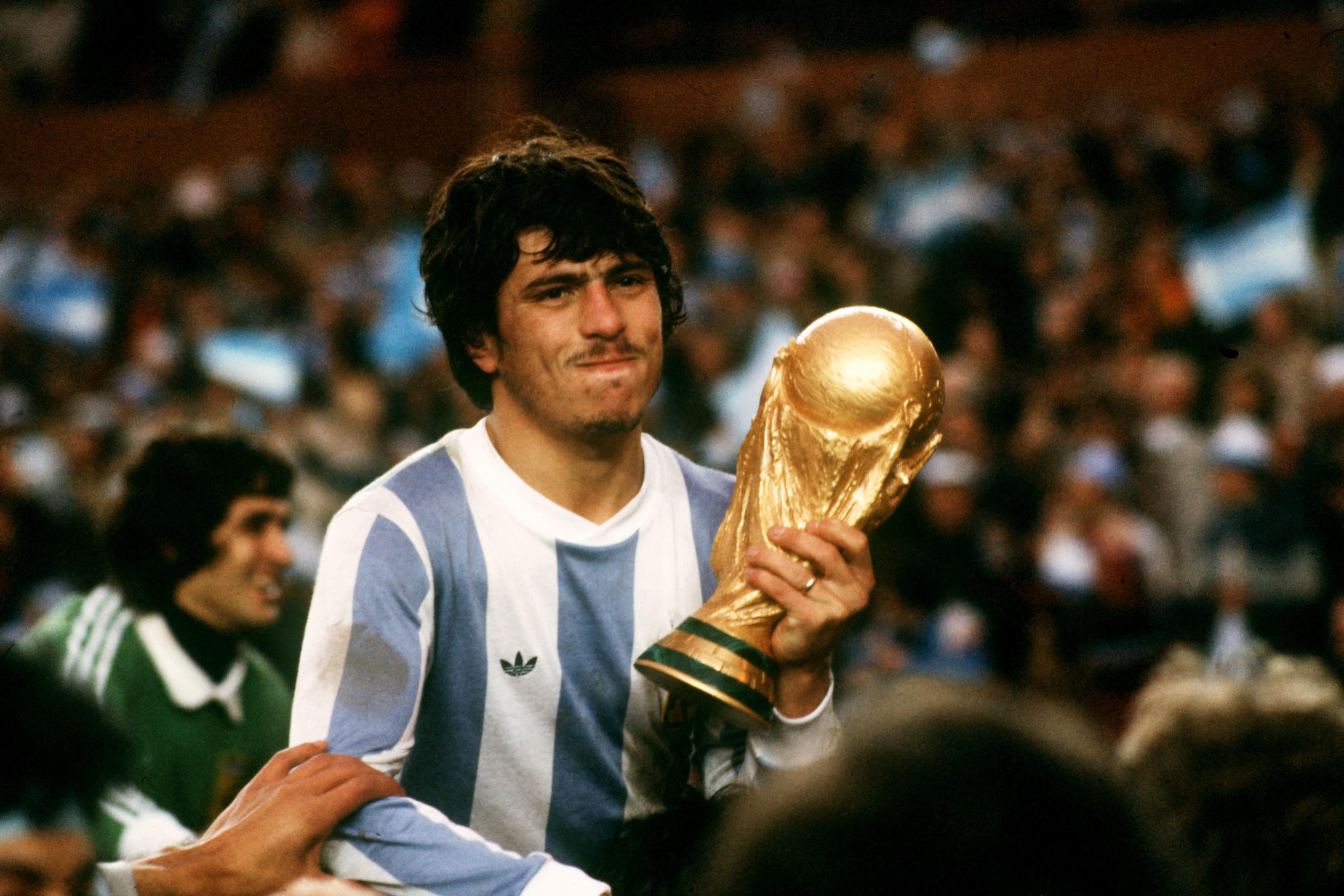
Widely considered one of the best centre-backs of all time, Passarella is remembered for his range of qualities. The Argentine was a ferocious defender, strong in the tackle and extremely good positionally. His heading abilities were absolutely extraordinary given the fact that he was just 5ft 8in tall.
Get FourFourTwo Newsletter
The best features, fun and footballing quizzes, straight to your inbox every week.
His attacking contribution was incredible, with 175 goals scored in all competitions. Passarella was also known for building the attacks from behind with his immaculate passing. His leadership qualities were second to none, and he was nicknamed the Great Captain. He won titles, too – six of them with River Plate before moving to play for Fiorentina and Inter in Serie A.
Career highlight: Captaining Argentina to the World Cup triumph in 1978 was the greatest feat, and it’s hugely unfortunate that Passarella missed the 1986 tournament through illness – but was still in the squad and got a second winner’s medal.
57. Fritz Walter
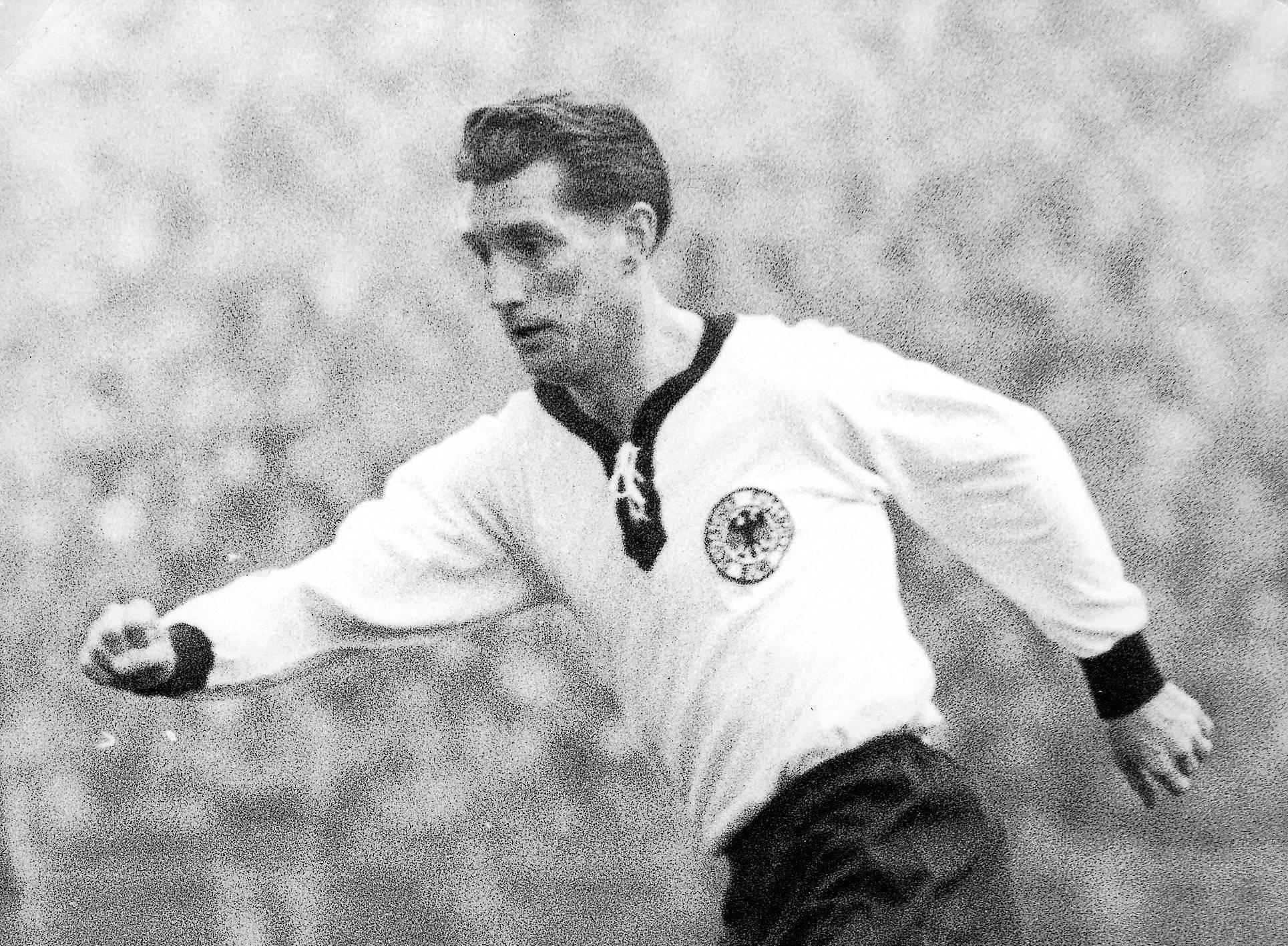
Walter mostly played in midfield yet managed to average almost a goal per game during his 20 years at Kaiserslautern, the beloved club he led to two German championship titles and refused to leave despite receiving very tempting offers from abroad.
Starring alongside younger brother Ottmar, a centre-forward, he was the leader not only for the club, but also for the West German team that won the World Cup in 1954 against all odds. Walter scored three goals during the tournament, but his overall contribution was much more significant. These days he has an award named after him (the Fritz Walter Medal), given to Germany's brightest youth prospects every season.
Career highlight: Walter was magnificent in West Germany's sensational 3-2 win over Hungary in the 1954 World Cup Final, and had a hand in two goals.
56. Juan Alberto Schiaffino
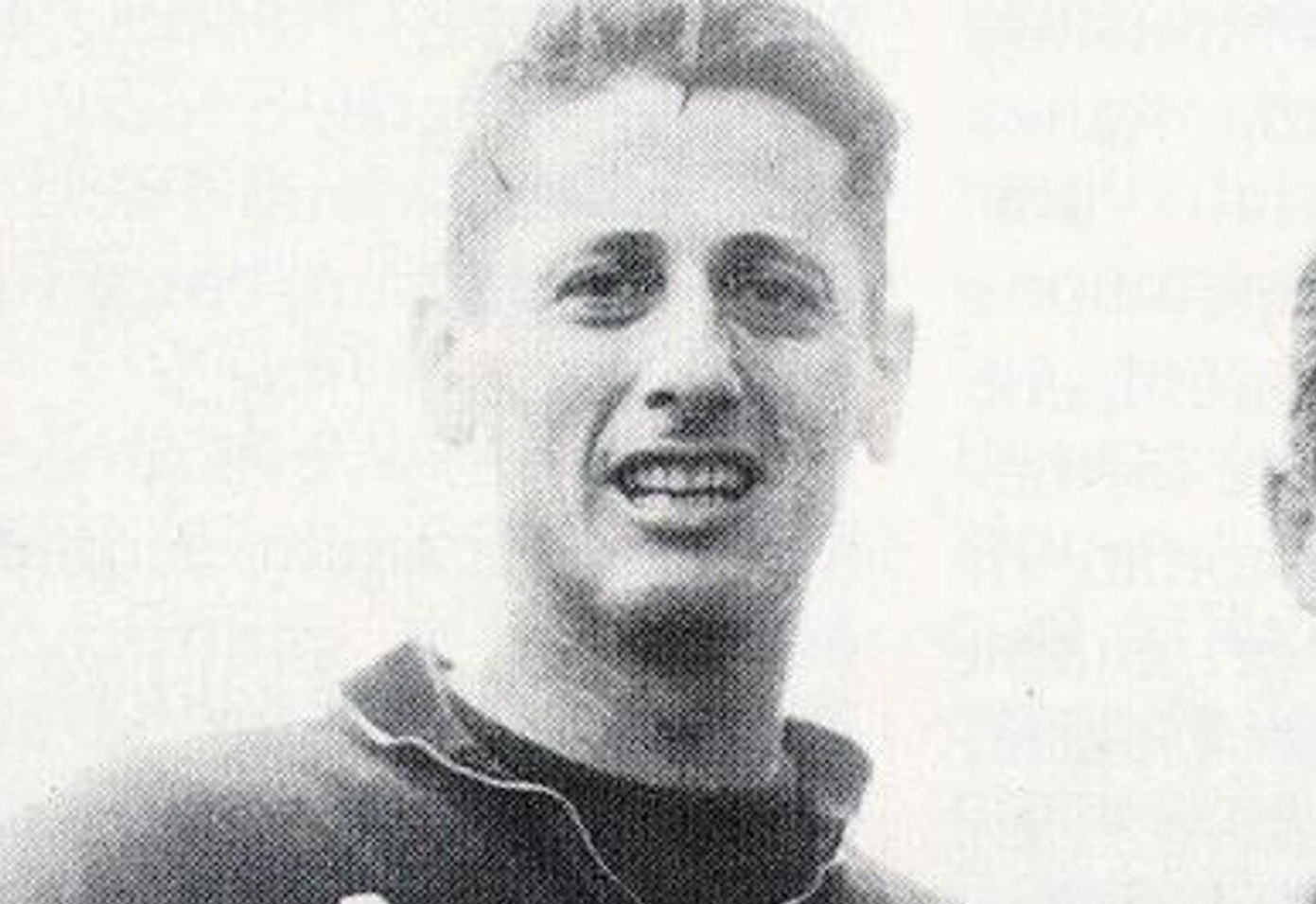
Tall and slender, Schiaffino possessed a deft touch and sublime technical skills which made him frustratingly unpredictable for opponents. He was one of the most dominant attacking players of his era, winning four championship titles in Uruguay with Penarol, then moving to Italy and helping Milan to win three titles in five years.
His greatest achievement was undoubtedly at the 1950 World Cup – the tournament won by Uruguay against all odds.
Career highlight: In what was technically the World Cup final, Schiaffino scored the equaliser against Brazil in 1950, helping lead Uruguay to one of the greatest sensations of all time.
55. Dino Zoff
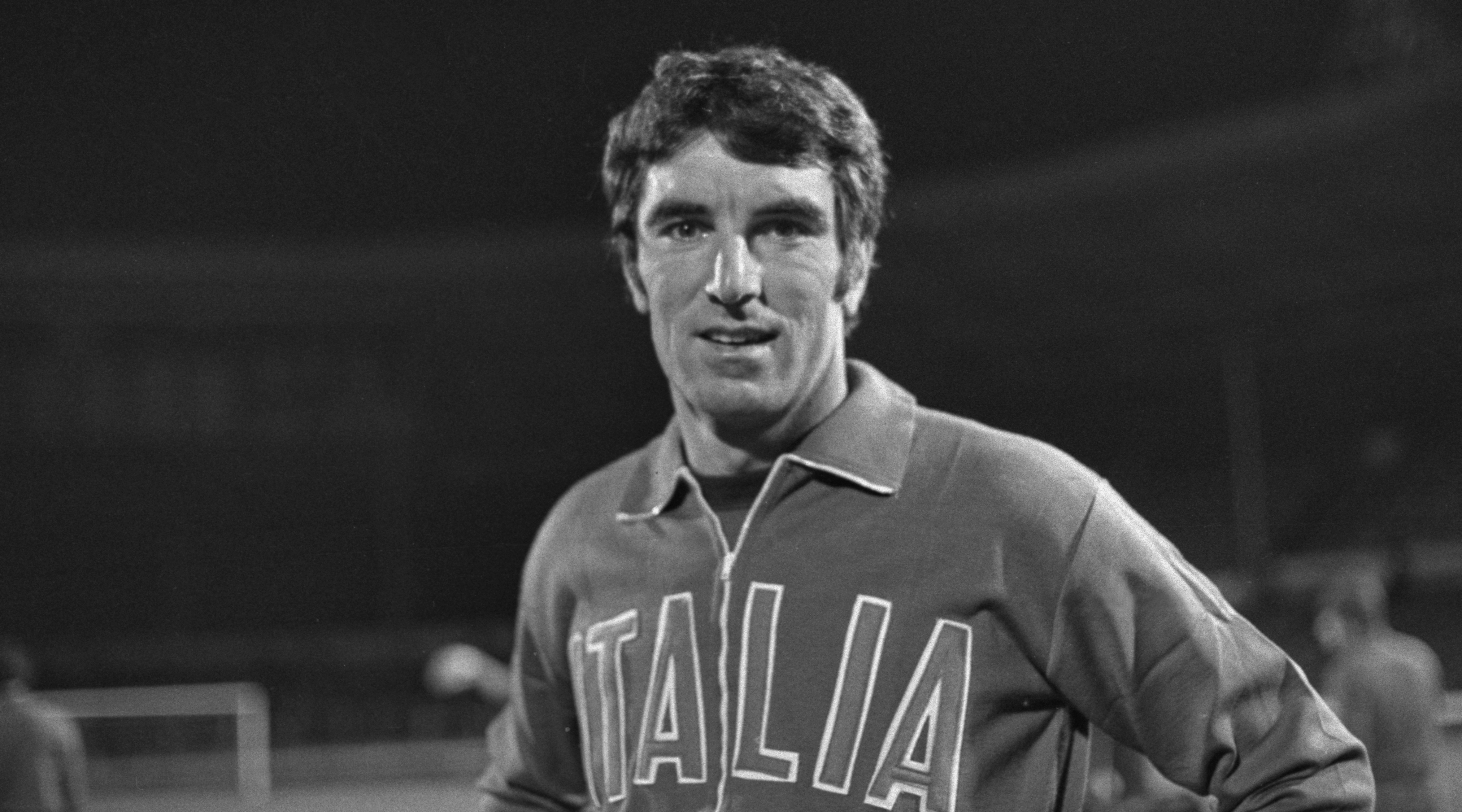
The only Italy international to win both the European Championship (in 1968) and the World Cup (in 1982), goalkeeper Zoff joined Juventus at the comparatively late age of 32 – then won six Scudettos and made 330 consecutive appearances.
Known for his incredible reflexes and positional sense, Zoff played on well into his 40s. Italy manager Enzo Bearzot described the normally level-headed keeper planting a kiss on his cheek following his team's 3-2 win over Brazil in 1982 as "a fleeting moment which was the most intense of that World Cup".
Career highlight: Aged 40, Zoff became the oldest player to feature in a World Cup final, as he captained Italy to victory against West Germany in 1982.
54. Gaetano Scirea
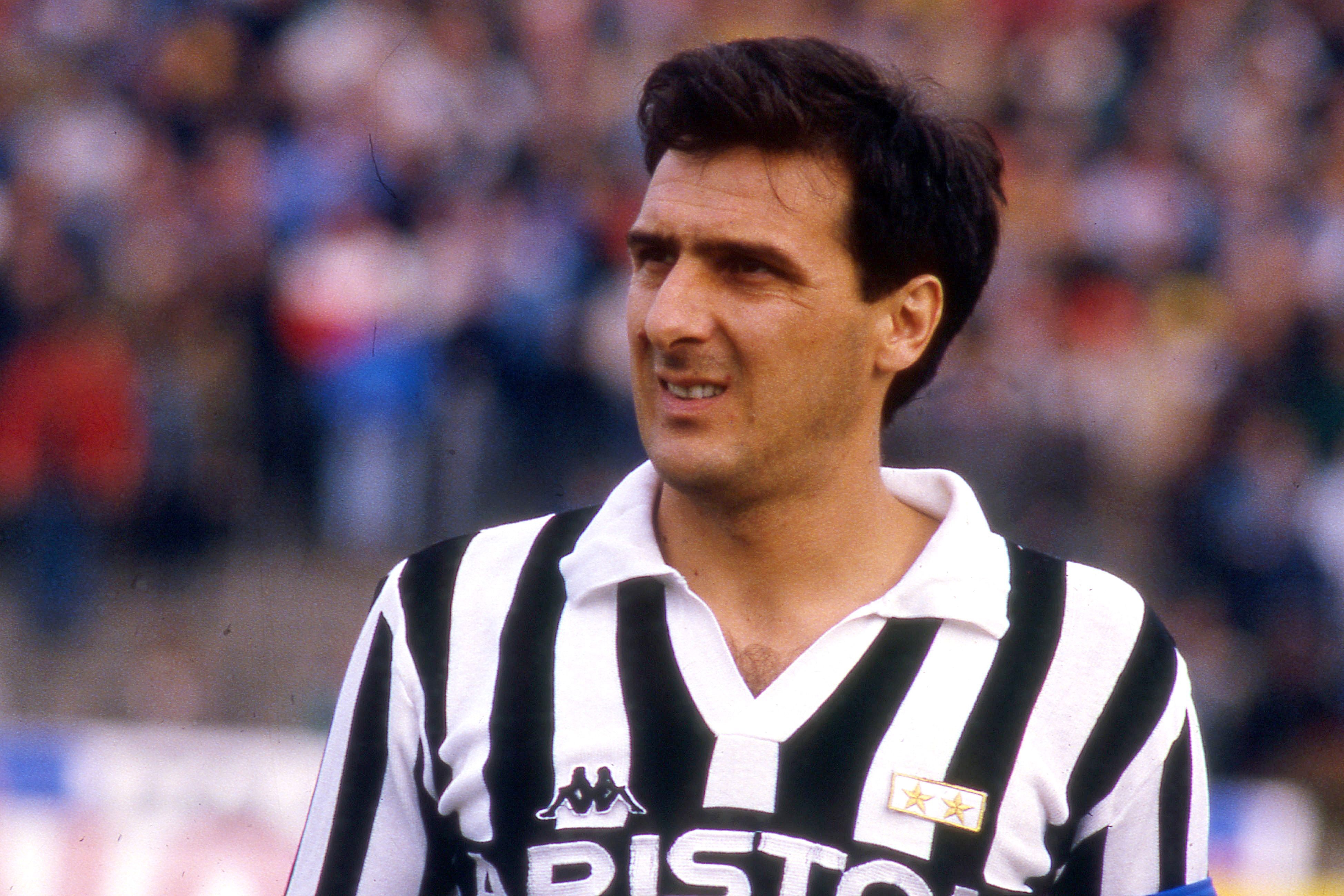
A pacy and clever defender, Scirea's elegance and cerebral attitude to the game was in marked contrast to the spikier approach of Italy and Juventus team-mate Claudio Gentile.
Playing sweeper for most of his career, Scirea - whose death in a car accident at just 36 was mourned by all Italian supporters - claimed his conversion from a midfielder "helped me see the game in a way others didn't”. That was no idle boast and was borne out by the fact he won trophies by the bucketload, and remains one of only five European players to have won all international club trophies recognised by UEFA and FIFA.
Career highlight: His team-mates Dino Zoff and Paolo Rossi may have been more feted, but Scirea's impeccable performances as Italy won the 1982 World Cup were a masterclass in the art of defending.
53. Jairzinho

His devastating bursts of speed and lethal shooting secured him a place in history after the 1970 World Cup. That Brazil side inspired a generation of footballers and had in Jairzinho one of their biggest stars, despite him being relegated to the outside positions by Pele and Tostao.
He’s still the only player to have won the World Cup while scoring in every game in the tournament. If it wasn’t enough, the former winger would later show an eye for talentspotting, taking a then-skinny Ronaldo to Cruzeiro and recommending him to the Brazil youth team.
Career highlight: His winner against reigning champions England was one of the 1970 World Cup’s most memorable goals.
52. Kevin Keegan
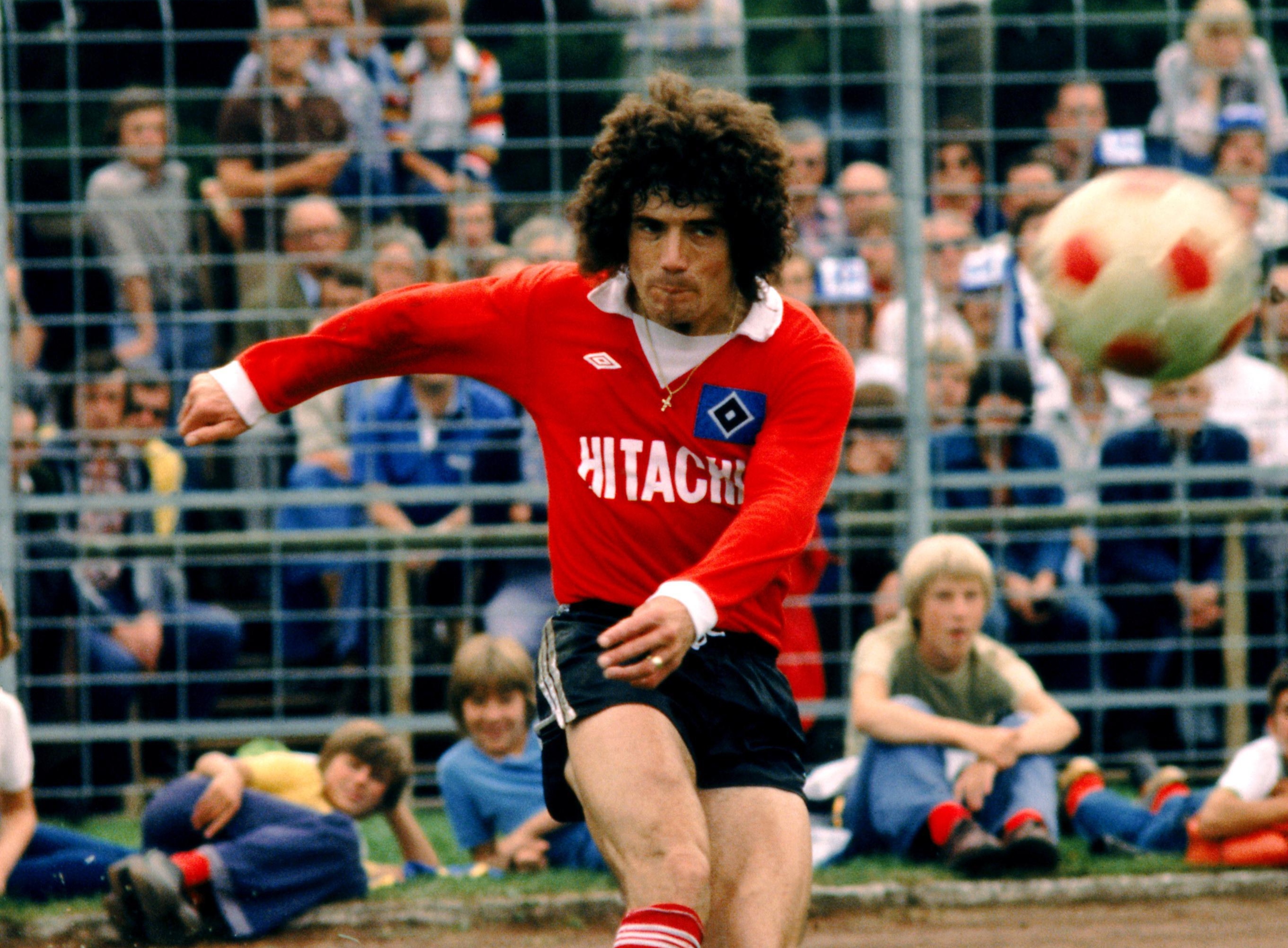
‘Mighty Mouse’ became the first British sportsman to successfully embrace commercial opportunities. On the pitch, KK’s swashbuckling displays helped garner trophies for Bill Shankly’s Liverpool side in the early 1970s, including a league title and the UEFA Cup.
Under Shanks’ replacement Bob Paisley, Keegan – by now an England star - took his game to another level, helping Liverpool to their first European Cup in 1977. He moved to Hamburg to “expand my horizons” that summer, winning a Bundesliga title, plus two Ballon d’Or awards in a three-year spell.
Career highlight: “Goals pay the rent, and Keegan does his share,” enthused BBC commentator David Coleman after Keegan smashed home his first goal in the 1974 FA Cup Final against Newcastle. He added the third in a comprehensive 3-0 win.
51. Rivaldo
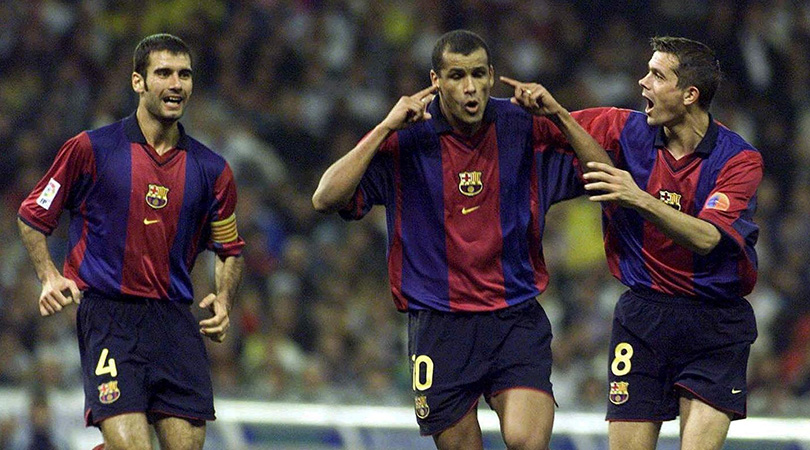
Possessing one of the deadliest left feet in football history, the Brazilian won the Ballon d’Or after guiding Barcelona to a second successive title, then helped his country to glory in 2002. “Ronaldo was our most talented player, but Rivaldo was even better at that World Cup,” Edmilson said.
Impressively agile considering his height, Rivaldo saw defenders bounce off him thanks to his strength, while also fall over when failing to come to grips with his quick feet and close control.
Career highlight: The overhead kick against Valencia that completed a hat-trick and rescued Barcelona’s Champions League qualification in 2001.
Current page: The 100 best football players of all time: 60-51
Prev Page The 100 best football players of all time: 70-61 Next Page The 100 best football players of all time: 50-41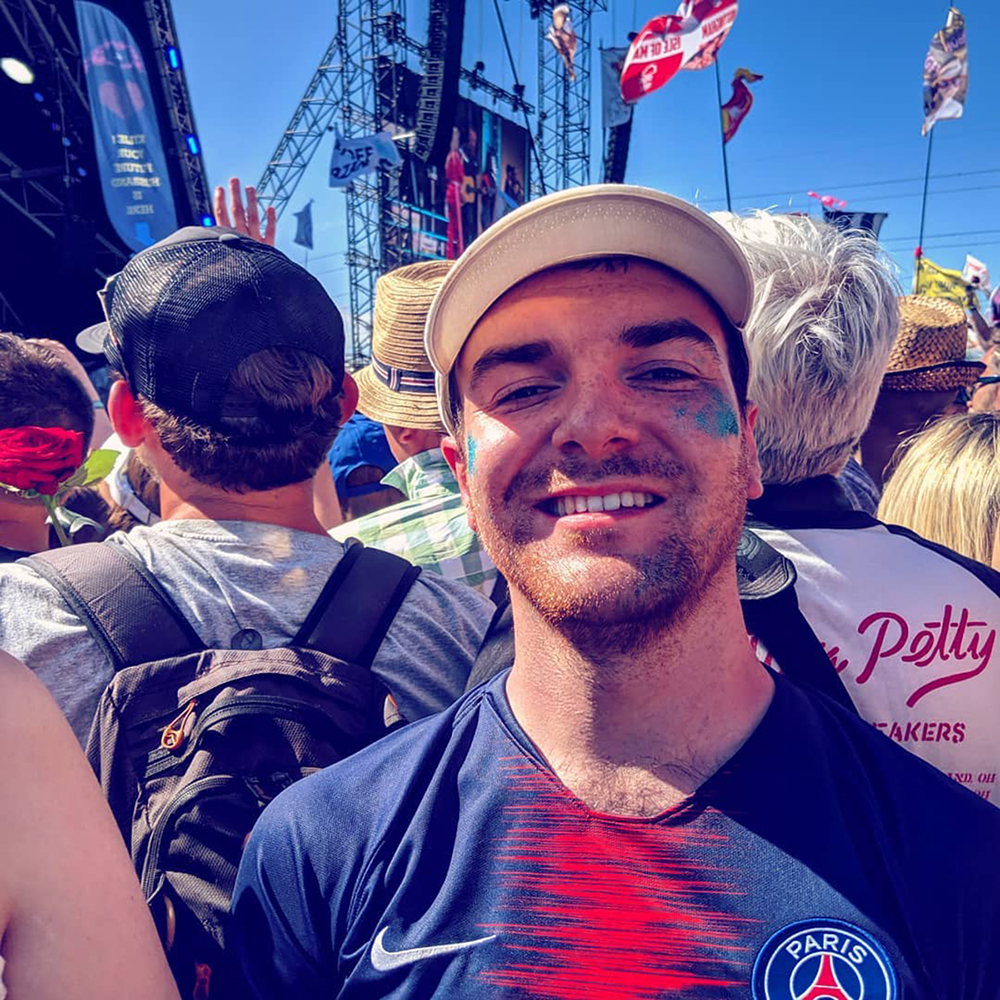
Mark White has been at on FourFourTwo since joining in January 2020, first as a staff writer before becoming content editor in 2023. An encyclopedia of football shirts and boots knowledge – both past and present – Mark has also represented FFT at both FA Cup and League Cup finals (though didn't receive a winners' medal on either occasion) and has written pieces for the mag ranging on subjects from Bobby Robson's season at Barcelona to Robinho's career. He has written cover features for the mag on Mikel Arteta and Martin Odegaard, and is assisted by his cat, Rosie, who has interned for the brand since lockdown.
- Alex Reid
- Alex Hess
- Marcus Alves
- Adam Clery
- Adam MonkPresenter/Producer
- Chris FlanaganSenior Staff Writer
- Ryan DabbsStaff writer
- Ed McCambridgeStaff Writer
- Matthew KetchellDeputy Editor
- Andrew Murray
